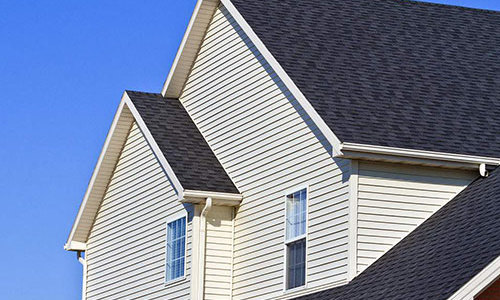What are SBS modified bitumen roofs? SBS modified bitumen roofs or styrene butadiene styrene roofs are made by modifying the asphalt in a modified bitumen roof. This forms a polymer mesh inside the bitumen giving it rubber-like consistency. This enables the SBS modified bitumen roofs to stand up longer and better to weathering and aging. Key Advantages of SBS Modified Bitumen Roofs are 1. Thick and durable making it work well on roofs with high traffic; 2. Excellent on roofs that hold water for long periods after it rains; 3. Eliminates roof leaks; 4. To increase energy efficiency SBS modified bitumen roofs can be coated with aluminum. Additional Benefits of SBS Roofing 1. Improved resistance to weathering and aging excellent for areas that hot asphalt cannot be used on such as hospitals, schools, and high-rises.SBS modified bitumen roof can be maintained by in house staff. Unlike single ply, which must be maintained by an “authorized contractor”. 2. Greater ability to withstand movement and temperature fluctuations SBS modified bitumen roofs are developed by taking the best attributes of a built-up roofing system and combining that with the qualities of a single-ply roof. In a standard modified bitumen roof, you will have a base sheet with waterproofing similar to a single ply system. With SBS roofing, the asphalt is modified to form a polymer network inside the bitumen. SBS stands for styrene butadiene styrene and gives the bitumen a rubber-like characteristic. This results in better resistance to aging and weathering. The majority of SBS modified bitumen roofs are applied using hot mopping asphalt; torch applied, or adhered with a cold process adhesive. If the SBS modified bituminous membrane roofing doesn’t have a factory applied granule or foil surfacing, you will need to apply your own UV protective coating. Source:https://allseasonsroofinginc.com/roofing-service/sbs-modified-bitumen-roofs/
